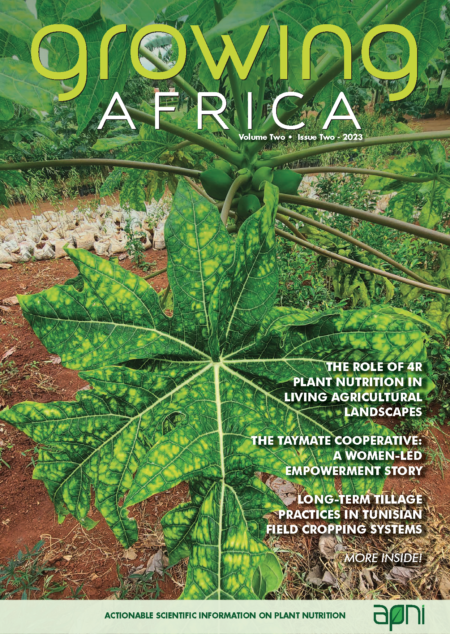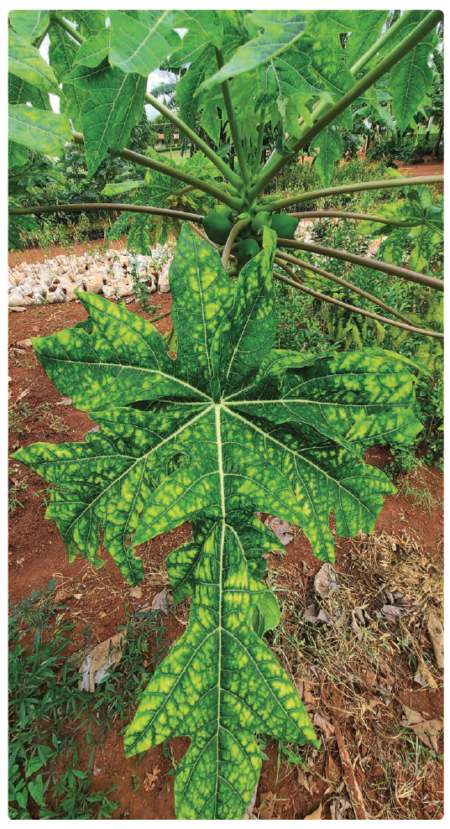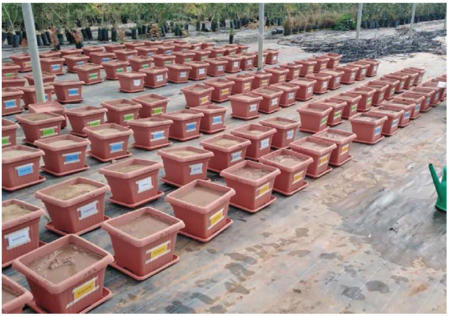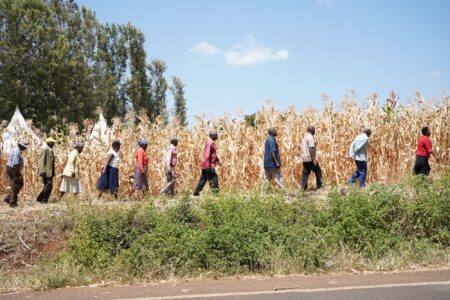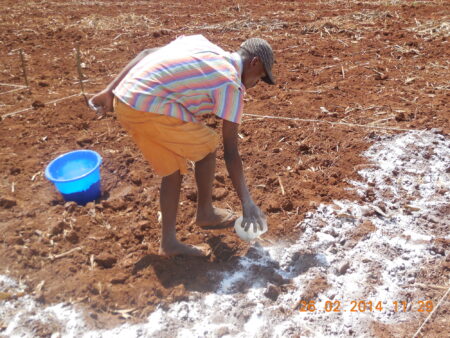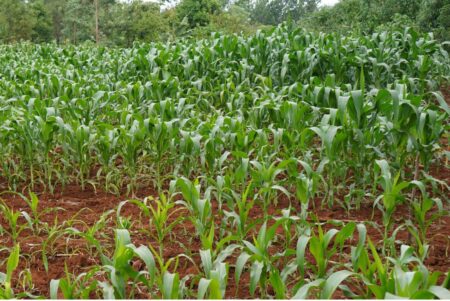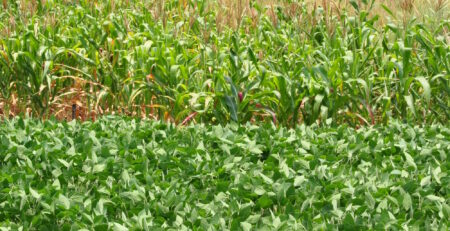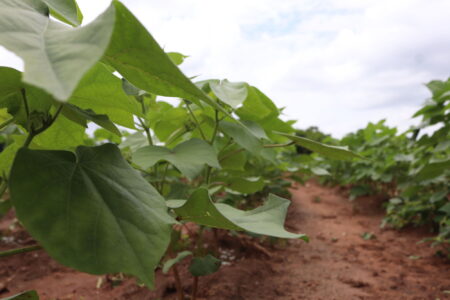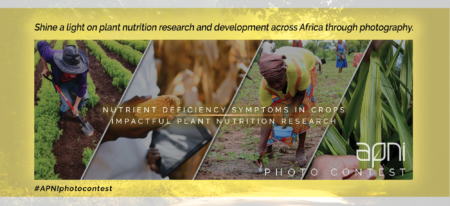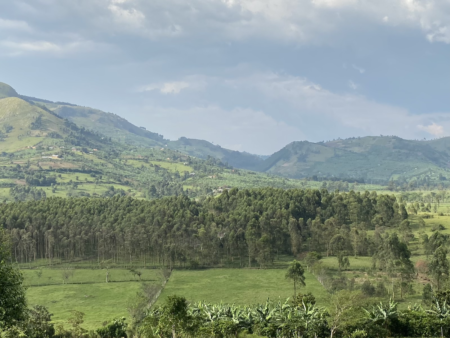 T
T
The Role of 4R Plant Nutrition in Living Agricultural Landscapes: Developing the Nitrogen Water Carbon Nexus
Food systems around the world must sustainably increase their performance to meet the growing demand for the foods and ecosystem services they provide. This issue is global in nature but is particularly sensitive in Africa because food systems there, which have hardly improved over the previous 50 years, are being looked upon to meet surging regional, continental, and global needs.
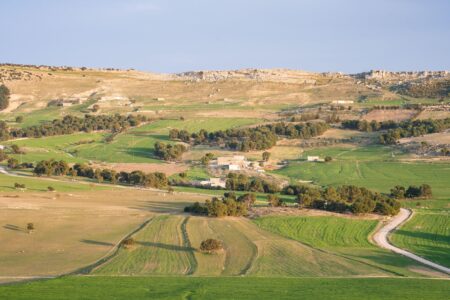 L
L
Long-term Tillage Practices Impact Soil Aggregation and Climate Resilience in Tunisian Field Cropping Systems
oil degradation poses a major challenge for agricultural and socio-economic development in Tunisia. The conventional intensive cultivation practices commonly used by farmers cause rapid depletion of soil organic matter, which is adversely affecting the physio-chemical properties of soil and is accelerating soil erosion.
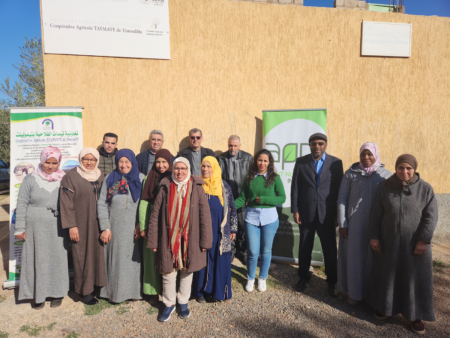 T
T
The Taymate Cooperative: A Women-led Empowerment Story
When success stories from agricultural cooperatives are identified they deserve to be studied and told to inform actions for scaling out best management. We explore how cooperatives encourage strategies for livelihood improvement and support economic and social innovations to foster community adaptation to climate change.

